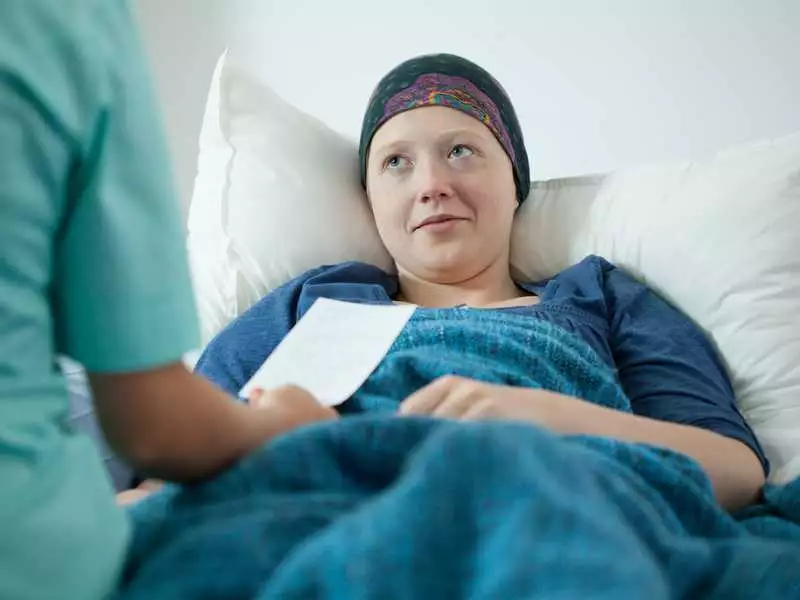The current global epidemiological situation poses a threat in almost all countries of the world. The spread of coronavirus (COVID-19) is particularly dangerous for people undergoing oncology treatment, due to the fact that this type of treatment is usually based on the elimination or weakening of the immune system. Oncology patients are therefore a particular risk group in terms of coronavirus infection.
The Leukemia & Lymphoma Society, in monitoring the global situation regarding coronavirus and its rapid spread, pays special attention to oncology patients, who are at increased risk due to the fact that they are immunocompromised. As a health organisation, the Society stresses the importance of following the guidelines of the CDC, the US Centers for Disease Control and Prevention, to protect both themselves and their loved ones from infection.
Precautions
First and foremost, attention is paid to hygiene - the primary preventive measure to halt the spread of the virus. This includes frequent hand washing, using hand kerchiefs, disinfecting commonly used surfaces and being careful when sneezing and coughing. It is also important that not only those at increased risk of contracting the disease follow these rules, but also those in the immediate environment [1].
Another issue is to update one's knowledge regarding influenza vaccination, which is available every year. In the context of oncology patients, the CDC recommends a different route of administration than the standard one, as well as indicating a slightly different vaccination calendar due to the fact of reduced immunity in this patient group [1].
When faced with symptoms that may suggest COVID-19 infection, a physician should be contacted immediately to verify the possibility of virus exposure and infection. The main symptoms that suggest coronavirus infection include breathlessness, cough and fever.
Another consideration is possible travel, which should absolutely be discussed with your doctor - according to CDC recommendations, travel is strongly discouraged at this time [1].
Medical consultation
Despite the fact that oncology patients are at a higher risk of infection, especially in the context of the current coronavirus, and it is associated with a high risk, however, most of them are already post-treatment for oncology and the immune system itself has usually already been largely restored. Nevertheless, every patient who is under the care of an oncologist, regardless of whether and at what stage of treatment they are, should discuss their situation with their doctor in order to find out the best ways to protect themselves. After all, every body is different and responds differently to both oncological treatment and possible coronavirus infection [2].

photo: panthermedia
COVID-19 is a newly discovered virus, so no specific drugs or preventive measures are known at present - medicine and epidemiology are based on the knowledge acquired to date. Despite this, specialists refer to general information regarding the risk of infection in oncology patients. Undoubtedly, the best preventive measure is to avoid the virus, which is particularly important in patients who are currently undergoing chemotherapy or in bone marrow transplant patients, where the immune system is suppressed or eliminated completely. However, if there is a possibility that the symptoms that occur are related to coronavirus, medical attention is essential. Moreover, in the United States, the possibility of a follow-up visit to the patient in crisis or a conversation (virtual visit) with the care team, rather than a physical visit to the cancer clinic, is being considered. This type of visit is intended to guide the person and instruct them to take appropriate measures and actions [2].









